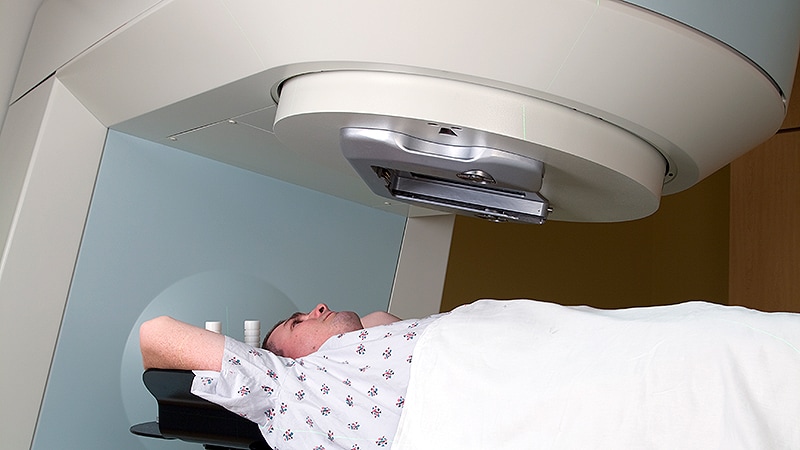The use of sorafenib and concomitant gastric acid suppression therapy is associated with reduced survival in patients with advanced hepatocellular carcinoma (HCC), according to a study published in the Journal of Clinical Gastroenterology.
Recent studies have shown that co-administration of gastric acid suppressants reduces the efficacy of the tyrosine kinase inhibitors erlotinib and sunitinib in patients with non-small cell lung cancer and renal cell carcinoma, respectively. This study examined if the concurrent use of gastric acid suppressants and sorafenib also impairs outcomes in HCC.
The retrospective analysis was conducted on all patients treated with sorafenib for advanced HCC at a single tertiary referral unit in the United Kingdom, between January 2008 and January 2014.
Data were collected from 197 patients, of which 182 could be assessed; 77 (42%) were on concurrent gastric acid suppression therapy.
After adjusting for imbalances between the groups, a Cox regression analysis gave an adjusted HRs for the concurrent acid suppression group compared with the no acid suppression group of 5.4 (95% CI, 3.6-7.9) for progress-free survival (PFS) and 1.85 (95% CI, 1.3-2.6) for overall survival (OS).
The authors concluded that patients with advanced HCC taking sorafenib and concomitant gastric acid suppression therapy have significantly inferior PFS and OS.
This is the first time that this negative interaction has been reported. Further prospective validation is warranted.


